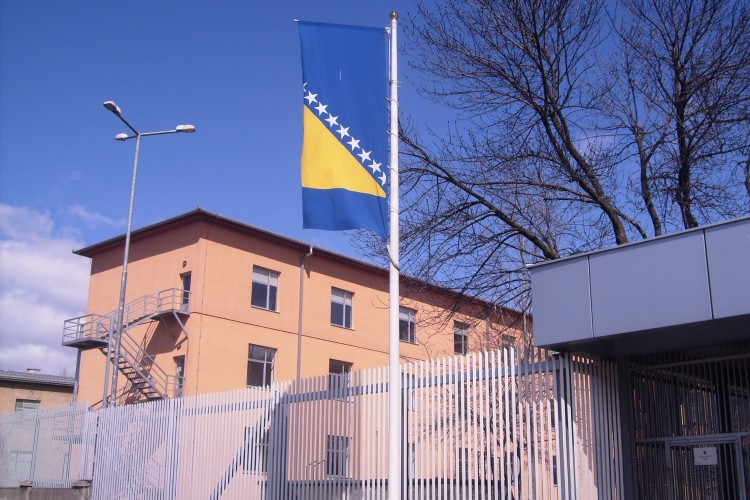 All religious communities in BiH will mark 100 years from the end of the First World War. The events will take place on Sunday in BiH’s capital Sarajevo.
All religious communities in BiH will mark 100 years from the end of the First World War. The events will take place on Sunday in BiH’s capital Sarajevo.
In the Orthodox temples, there will be a special reminder on the day when the truce took place in 1918, and bells at the Cathedral of Jesus’ Heart will be heard at 12.30 pm, and the special lights will be illuminated today by Gazi Husrev-bey’s library and Kusumli medresa, while the Synagogue will be illuminated throughout the whole weekend.
Matthew Field, British Ambassador to BiH, believes that “it is wonderful that Sarajevo has joined this specialt way of marking one hundred years after the end of the First World War”.
German Ambassador to BiH Christiane Hohmann pointed out that the end of the First World War brought peace and helped to shape the new world.
“We are joining our friends in marking the hundred years and remembering the importance of peace,” Hohmann stated.
The Armistice of 11 November 1918 was the armistice that ended fighting on land, sea and air in World War I between the Allies and their opponent, Germany. Previous armistices had eliminated Bulgaria, the Ottoman Empire and the Austro-Hungarian Empire from the war. Also known as the Armistice of Compiègne from the place where it was signed, it came into force at 11 a.m. Paris time on 11 November 1918 (“the eleventh hour of the eleventh day of the eleventh month”) and marked a victory for the Allies and a complete defeat for Germany, although not formally a surrender.
The actual terms, largely written by the Allied Supreme Commander, Marshal Ferdinand Foch, included the cessation of hostilities, the withdrawal of German forces to behind the Rhine, Allied occupation of the Rhineland and bridgeheads further east, the preservation of infrastructure, the surrender of aircraft, warships, and military materiel, the release of Allied prisoners of war and interned civilians, and eventual reparations. No release of German prisoners and no relaxation of the naval blockade of Germany was agreed to.
Although the armistice ended the fighting, it needed to be prolonged three times until the Treaty of Versailles, which was signed on 28 June 1919, took effect on 10 January 1920.

















